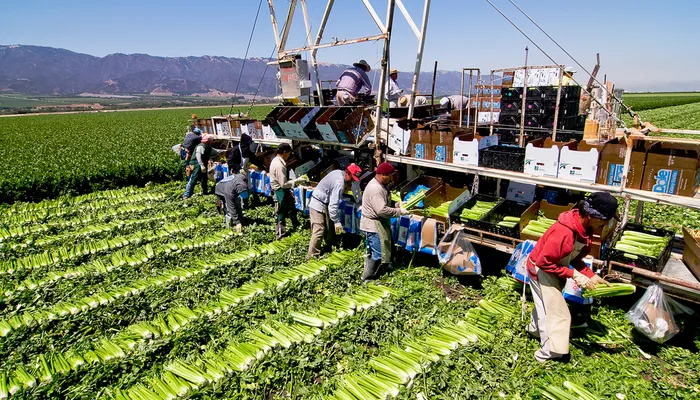The ongoing trade war between the United States and its key trading partners has intensified as China and Mexico announce new retaliatory measures against U.S. tariffs. These actions are expected to impact global trade, increase prices for consumers, and create uncertainty for businesses.
China Hits Back with Tariffs and Export Controls
In response to the U.S. imposing a 20% tariff on Chinese goods, China has introduced additional tariffs on American exports while also tightening export restrictions on key materials.
- Tariffs on U.S. agricultural exports: China has placed a 10%-15% tariff on $21 billion worth of U.S. agricultural goods, affecting products like meat, grains, cotton, fruits, and dairy.
- Export restrictions on key U.S. industries: Beijing has also limited exports of crucial raw materials used in semiconductors, batteries, and advanced electronics.
- Investment bans on U.S. firms: China has restricted 25 American companies from operating within its borders, citing national security concerns.

Mexico Plans Retaliation Against U.S. Import Tariffs
Mexico has also taken a stand after the U.S. introduced a 25% tariff on Mexican imports, particularly targeting auto parts, steel, and food products.
- Mexican President Claudia Sheinbaum has strongly condemned the tariffs and vowed retaliatory trade measures against American exports.
- The Mexican government is expected to announce new tariffs on U.S. agricultural and industrial goods in the coming days.
- Mexican officials warn that these tariffs could drive up prices for American consumers, especially in automobiles, food, and manufactured goods.
⚡️On #tariffs, president @Claudiashein announced that in view of the 🇺🇸’s unilateral action, her government has decided to retaliate through counter-tariff and non-tariff measures.
She will announce them on Sunday in Mexico’s main square, while underlining that she will… pic.twitter.com/o5rUD777a2
What It Means for Consumers
The impact of these escalating trade disputes could be felt globally, with economic analysts warning of the following consequences:
Higher prices for consumers: Increased tariffs on imported goods could raise prices for groceries, electronics, and automobiles.
Job losses in affected industries: Sectors such as agriculture, manufacturing, and technology may see reduced demand and workforce cuts.
Stock market volatility: Investors are already reacting to the trade war, with global markets experiencing fluctuations.
What’s Next?
As the U.S., China, and Mexico continue their trade battle, negotiations and possible new retaliations could follow. Economists warn that a prolonged conflict could destabilize global supply chains and slow economic growth.

